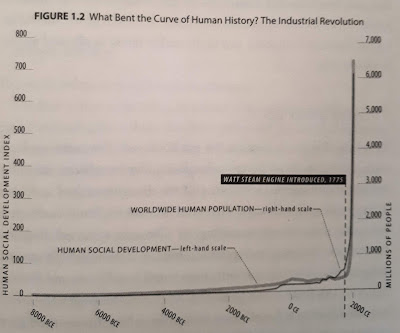Of Animals and Machines

Book Review: George Akerlof and Robert Shiller, "Animal Spirits: How Human Psychology Drives the Economy, and Why It Matters for Global Capitalism", Princeton University Press, 2009. ~and~ Erik Brynjolfsson and Andrew McAfee, "The Second Machine Age: Work, Progress, and Prosperity in a Time of Brilliant Technologies", W. W. Norton & Company, 2016. This is the first time on my blog that I am reviewing two books together, but I thought it made sense in this case because the books are complementary: both are about economics, yet they take different perspectives. Animal Spirits by Akerlof and Shiller is essentially a vision of "behavioral macroeconomics", criticizing the mainstream standard story about the economy as incomplete and offering a theory that includes human psychology. The Second Machine Age by Brynjolfsson and McAfee applies the principles of economics to the issue of technological change in the 21st century and argues that the digital ...
